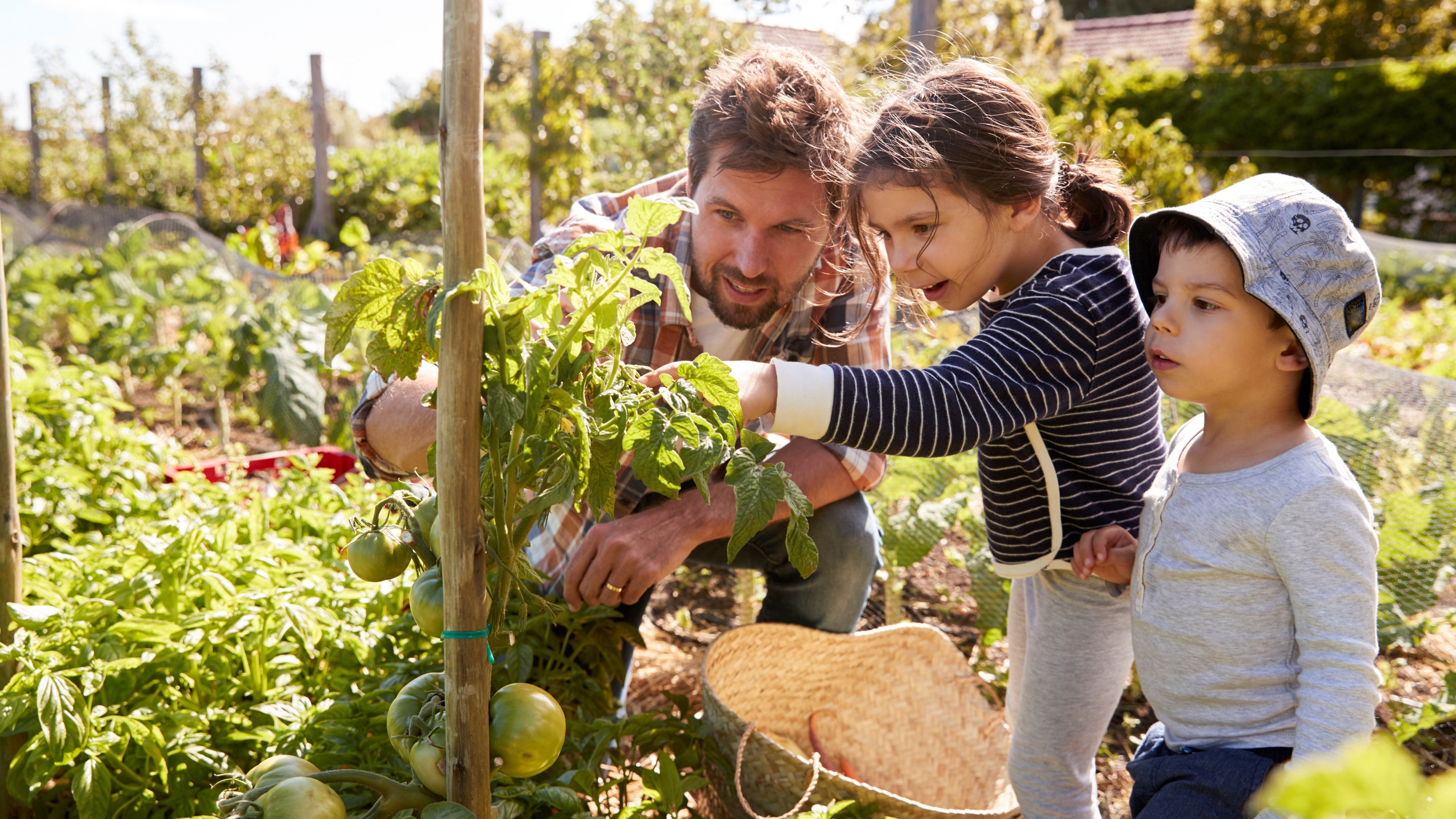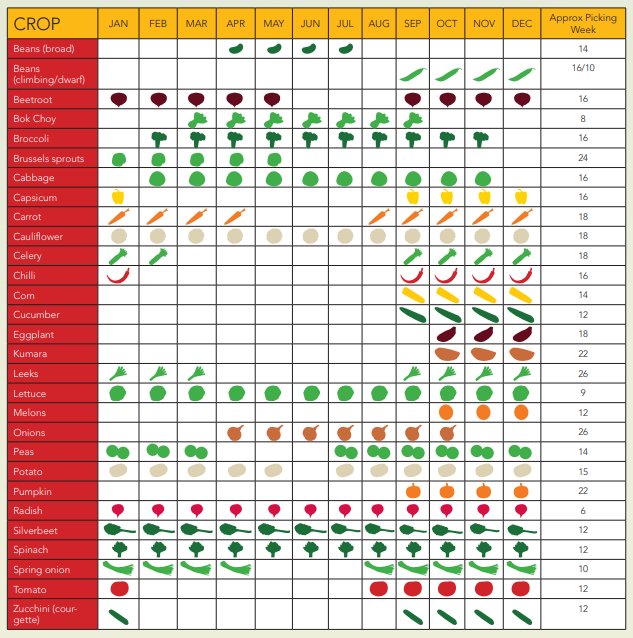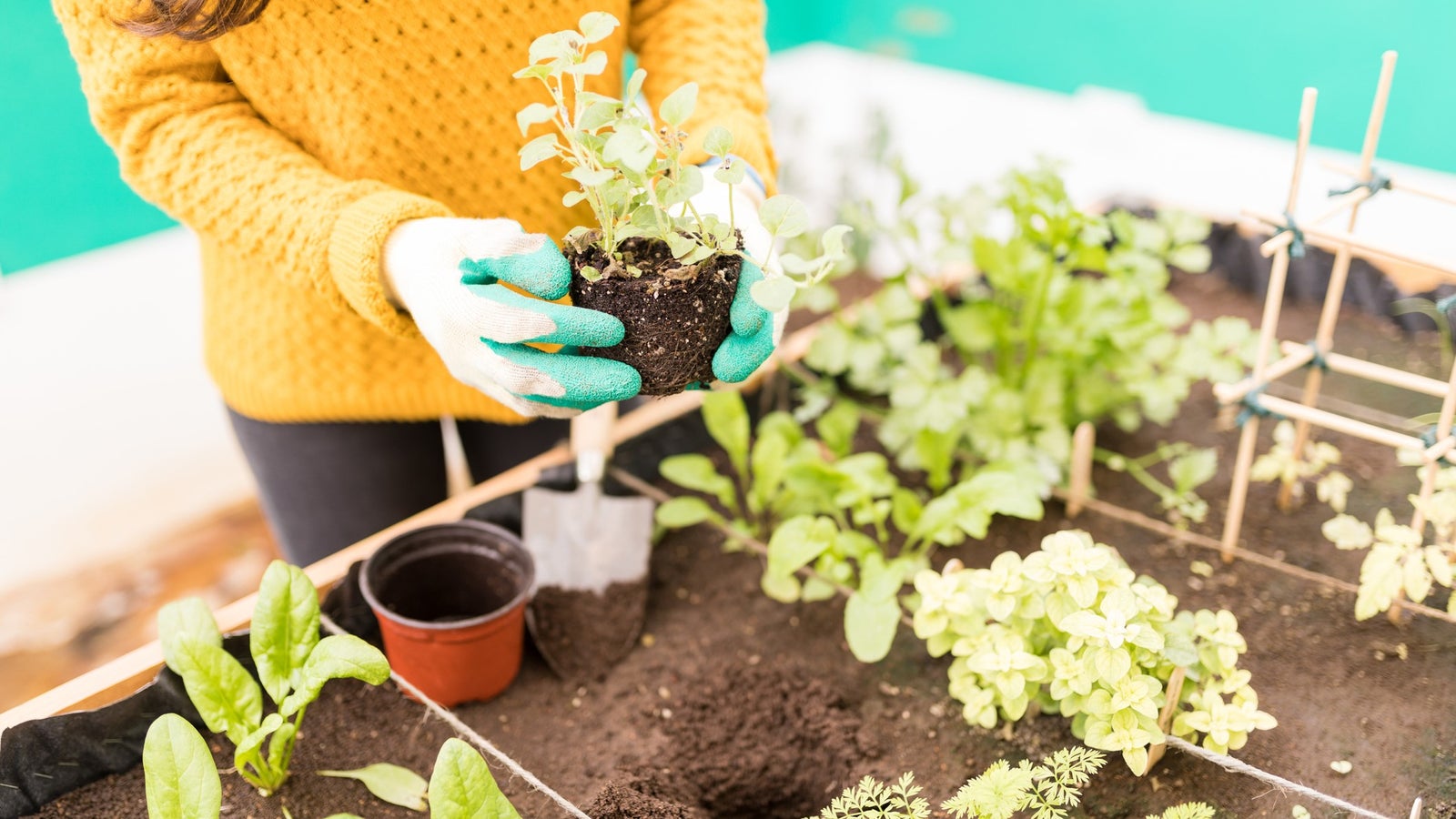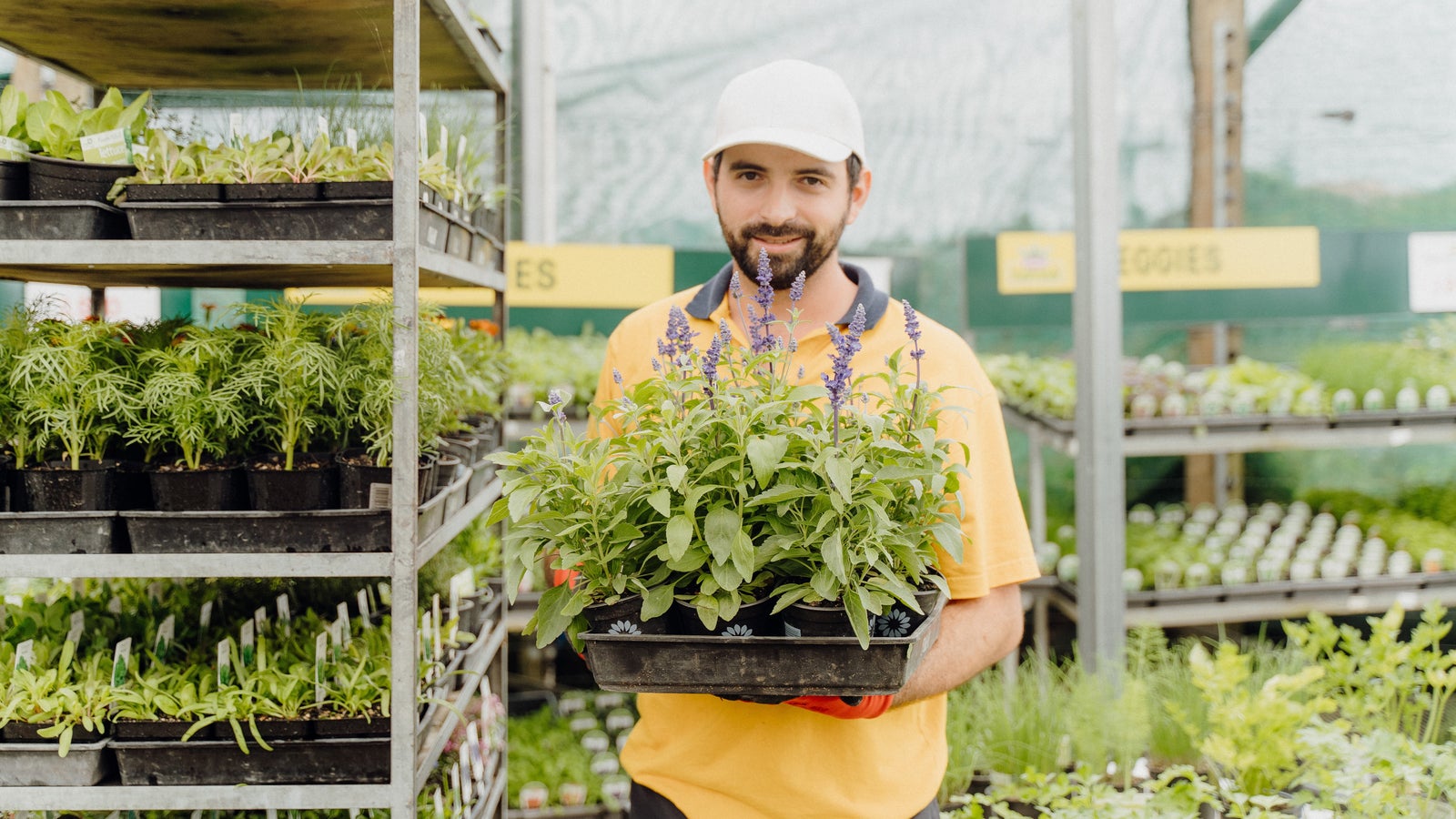
Starting a Veggie Garden - Frequently Asked Questions
10 Sep, 2022
What to grow, when?
Not all vegetables will grow all year round. Crops such as tomatoes, eggplants, capsicums, chilies, pumpkins, corn, and melons like the heat and only grow from spring to autumn, where as members of the brassica family including, cabbage, cauliflower, broccoli, kale and brussels sprout like the cool weather, so will grow from autumn through to late spring. Read the back of the seed packets for information on how and when to grow them. Any vegetable seedlings in the garden centres are seasonal and can be planted when available.
For more information, here is our planting times for seeds and seedlings. If you need more help, ask a staff member instore.
Where can I grow veggies?
Most vegetables need full sun to grow well. If they are grown in the shade they may become spindly, reaching for the sun, and fail to find the energy required to grow large enough to be edible. You can grow veggies in a dug-in veggie patch, a raised bed, in Vegepods, or in large pots and containers. Always ensure your plants have enough room for their roots before you start planting.
How do I make a veggie garden?
If you do not have a designated veggie patch yet, making your own can be very rewarding. Raised beds are great, as it means you will have good drainage and won't need to bend down as much to tend it, depending on the height. Look for a space that isn’t near any trees, as tree roots will eventually invade the nutritious soil, making it harder to plant. You can create a raised bed out of untreated wood, brick, cement blocks - or buy flatpack ones. The sunnier the better, choose a site in full sun.
The soil that is used is very important. We recommend using a weed-free base to get started. Dig in veggie mix, along with Kings Organic Compost. Potting mix will dry out too fast, and make sure compost is used sparingly – too much compost can burn seedling roots. Mix in sheep pellets or Natures Organic Fertiliser for an additional organic boost.
For pots and containers, select the right size pot and fill with Organic Veggie Mix.
To protect from slugs and snails, sprinkle Blitzem around the edge of your veggie garden to create a barrier. If you have pets, Quash is a more pet friendly option.
Stake or support with a growing frame if you have planted veggies that grow tall or climb. Do this now, before plants establish to prevent root damage.
What do I need to do to make sure the veggies grow well?
Regular deep watering and a well balanced fertiliser, suitable for the crop your are growing is very important for all vegetables. Watering in the mornings deeply into the root zone, avoid wetting the foliage when watering as this will encourage fungal diseases. Watering earlier in the morning means the plants have time to absorb the majority of the moisture before it evaporates throughout the day. Liquid fertiliser is absorbed more quickly by plants, though does require more energy to disperse than slow-release food. Research the plants you are growing, as some (like tomatoes and potatoes) are heavy feeders and need nutrients up to twice a month. Or talk to one of our team members instore for the right advice.
How can I keep insects and birds away from my crops?
Prevention is always better than treatment. Cover green salad crops with bug netting. Weakened plants are tastier to pest insects so make sure they are well looked after. Some veggie or fruiting plants need to be pollinated by bugs so instead of netting, look out for early signs of insect damage, and use organic sprays where possible, such as organic Bugtrol. You can still cover plants such as strawberries with bird netting – bees will still be able to pollinate their flowers.
Finally, remember that failure is experience!
It’s disheartening when you buy or grow your first plants and they don’t produce well or die. However, this in the long run makes you a better gardener. No one starts off at an expert level and failure is inevitable; it means you learn what to do differently next time to avoid making the same mistakes. Find out the reason why a plant may have failed by bringing a sample or photos of your plant instore for a staff member to diagnose. They can tell you what happened, why, and how to prevent it. Or you can email The Plant Doctor on https://plantdoctor.co.nz/ send a picture of the problem and they will get back to you with advice. Armed with the right information, you can go on to be successful in your veggie garden journey.


